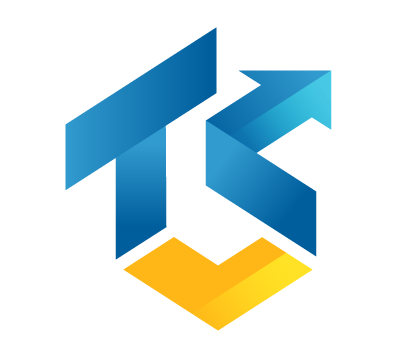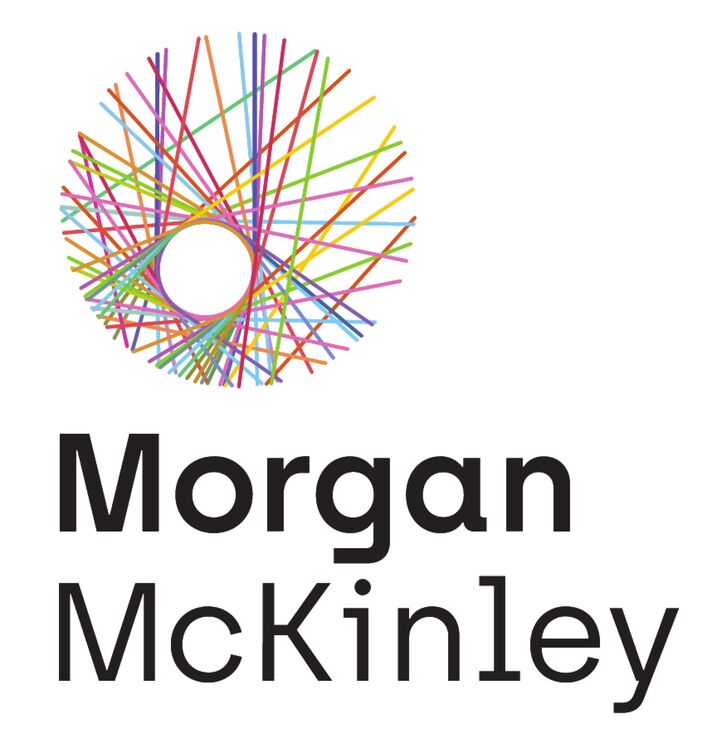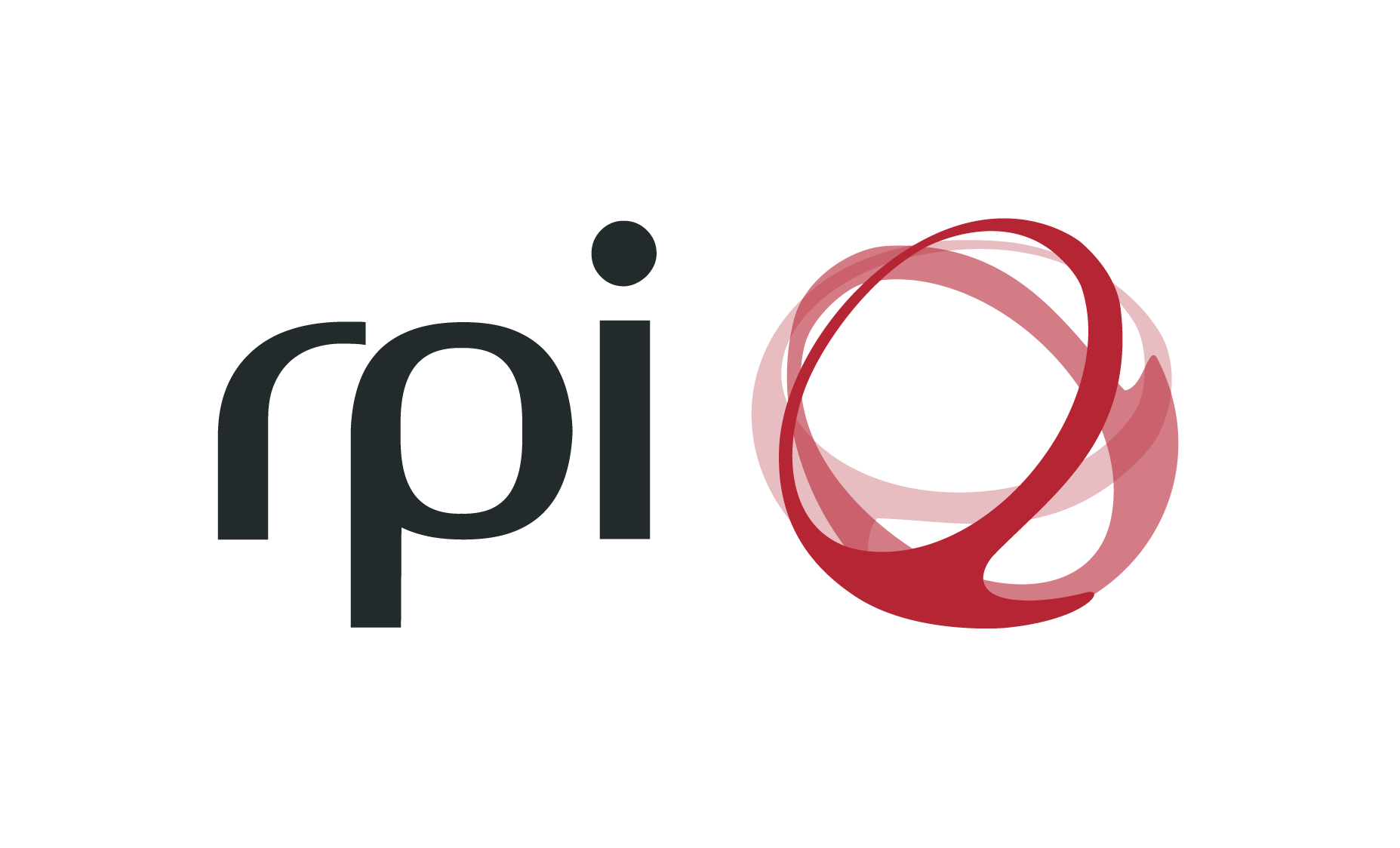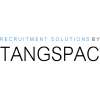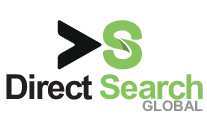Role Definition
Identifies and manages the best bonds, stocks, and other securities that fit the investment strategy determined basis
requirements of the investor.
Responsibilities
• Establishing investment strategy for a client based on market research and client's risk appetite, etc.;
Building investment portfolio including various stocks, bonds, and other securities.
• Creating reports to depict fund performance, identifying any risks, or propose any new investments to
increase the fund's profitability.
• Monitoring changes in economic environment, market trends and understand their impact on the risks and returns of the investment; Persisting on enhancing the investment strategies.
• Developing relationships with relevant market participants and clients to determine market positioning;
Creating proposals for prospective customers considering their financial goals.
Skill Descriptors
Business Acumen: Knowledge of business concepts, tools, and processes that are needed for making sound decisions in the context of the company's business; ability to apply this knowledge appropriately to diverse situations.
Level Extensive Experience:
• Designs the organization's planning processes and decision-making channels.
• Explains business issues and trends of own business unit as compared to other business units.
• Demonstrates a big picture understanding of the business, its interrelationships, and priorities.
• Demonstrates strong foundation of business fundamentals, measurement, and business finance.
• Develops business cases for own function; reviews and critiques cases for other functions.
• Explains advantages and risks of using business simulations for critical business decisions.
Analytical Thinking: Knowledge of techniques and tools that promote effective analysis; ability to determine the root cause of organizational problems and create alternative solutions that resolve these problems.
Level Extensive Experience:
• Seeks discrepancies and inconsistencies in available information; explains variances.
• Organizes and prioritizes the sequence of steps to be taken to remedy the situation.
• Identifies many possible causes for a problem based on prior experience and current research.
• Approaches a complex problem by breaking it down into its component parts.
• Chooses among a diverse set of analytical tools according to the nature of the situation.
• Quantifies the costs, benefits, risks, and chances for success before recommending a course of action.
Strategic Thinking: Knowledge of the importance of "big picture" thinking and planning; ability to apply organizational acumen and competitiveness to identify and maintain focus on key success factors for the organization.
Level Extensive Experience:
• Directs strategic alliances and partnerships for mutual benefit.
• Makes sound business decisions on behalf of the group when faced with complex and contradictory alternatives.
• Builds the strategic thinking capability of the group.
• Interprets available data and analyses when creating business plans.
• Recommends ways to position the organization for long-term competitiveness.
• Prepares the group's response to key marketplace trends, opportunities, and vulnerabilities.
Staff and Career Development: Knowledge of available internal and external learning resources and ability to address learning, training, and career development needs of individuals, teams or organization.
Level Working Knowledge:
• Determines individual and team competency requirements, vulnerabilities, and learning needs.
• Develops learning program for closing own short- and long-term competency gaps.
• Clarifies own career aspirations.
• Seeks opportunities that meet developmental needs of self or associates.
• Adjusts development plans to better serve business needs.
Asset and Liability Management (ALM): Knowledge of asset and liability tools, techniques and business practices;
ability to manage, measure, and monitor risks associated with assets and liabilities.
Level Expert:
• Advises portfolio managers and ALM committees on managing risk-return profiles of portfolios and products.
• Leads discussions on the rationale for modifying or switching asset liability portfolio risk management strategies.
• Predicts the future trends and developments in asset and liability management.
• Develops ALM portfolio and risk management strategies for unique, complex, and risky situations.
• Creates a monitoring system for business environment, risks, and financial instruments in order to assess validity and relevance.
• Proposes alternative strategies to achieve desired and optimal ALM risk-return profiles.
Financial Markets: Knowledge of the products, types, competitors, customer base, major issues and regulatory considerations in the financial markets; ability to apply financial market knowledge to various business environments.
Level Extensive Experience:
• Creates and defines standards to evaluate the financial status for large organizations.
• Elaborates on the threshold and limitation to enter into financial markets for various industry participants.
• Analyzes the impact of interest rate changes on the economy.
• Consults on trading platforms and operations of various financial markets.
• Provides coaching on the analysis and valuation models for various financial markets.
• Takes effective measures to ensure regulatory compliance of financial markets.
Financial Risk Management: Knowledge of tools, techniques, and strategies applied in financial risk management;
ability to quantify, qualify, and manage financial risk.
Level Extensive Experience:
• Updates and implements improvements to risk assessment and management methods.
• Evaluates the benefits and drawbacks of alternative risk management approaches.
• Recommends risk assessment procedures and techniques based on organizational need.
• Consults on a variety of risk assessment approaches and applications.
• Evaluates, recommends, and justifies optimum risk management scenarios.
• Advises others on a variety of risk and reward factors and their relationships.
Treasury Management: Knowledge of the principles and methods of managing treasury; ability to use tools, techniques and processes to maximize the value of an organization's financial assets and revenue while minimizing risk.
Level Extensive Experience:
• Trains others in the identification and active management of financial risk.
• Supervises all aspects of treasury management.
• Recommends innovative ways to maximize the return on operating assets.
• Pursues opportunities to minimize borrowing and banking costs.
• Maintains active, productive relationships with financial services providers.
• Evaluates alternative treasury management practices used by multiple and diverse organizations.
Top candidate will also have:
• Leadership and prior team management experience





